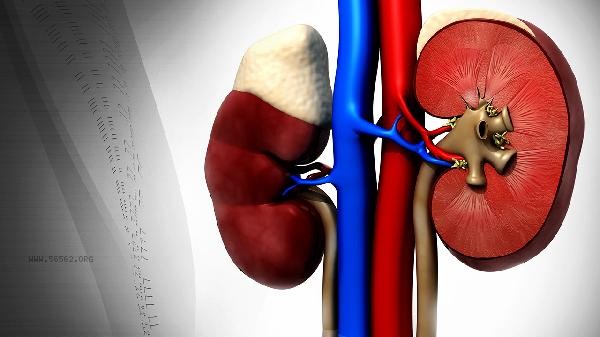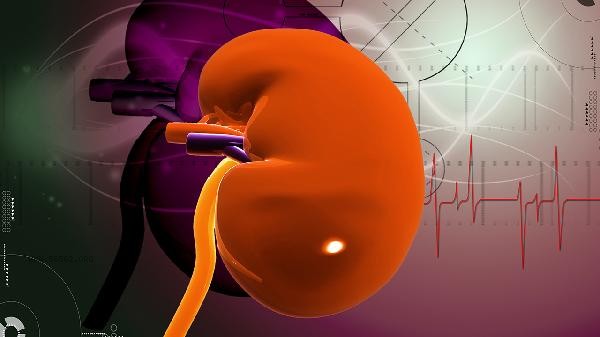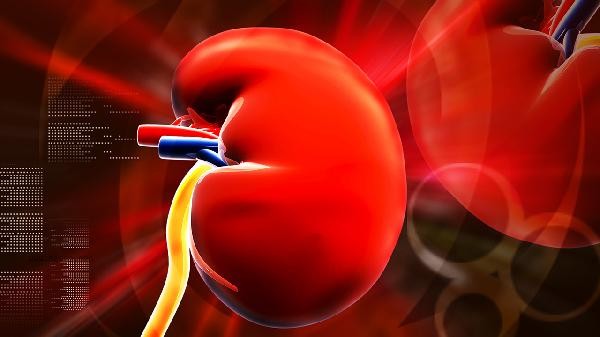Elevated creatinine after chemotherapy can be improved by adjusting diet, controlling blood pressure, avoiding nephrotoxic drugs, moderate fluid replacement, and medical intervention. Elevated creatinine is mainly related to factors such as chemotherapy induced kidney injury, dehydration, and infection.

1. Adjust diet:
Limit daily protein intake to 0.6-0.8 grams per kilogram of body weight and prioritize high-quality protein such as eggs and fish. Reduce the intake of high phosphorus foods such as animal organs and carbonated beverages, and increase the intake of low potassium vegetables such as winter melon and cucumber. Drink 1500-2000 milliliters of water daily, in small portions.
2. Control blood pressure:
Stabilizing blood pressure below 130/80mmHg can help reduce the burden on the kidneys. Regularly monitor blood pressure changes to avoid severe emotional fluctuations. If combined with hypertension, it is necessary to use angiotensin-converting enzyme inhibitors as antihypertensive drugs under the guidance of a doctor, but be alert to the possible increase in blood potassium caused by the drugs.
3. Avoid nephrotoxic drugs:

Suspend the use of nonsteroidal anti-inflammatory drugs such as ibuprofen, diclofenac sodium, and other antipyretic and analgesic drugs. Avoid aminoglycoside antibiotics such as gentamicin, contrast agents, and other substances that may damage kidney function. When medication is necessary, it is necessary to strictly follow the doctor's advice to adjust the dosage and strengthen renal function monitoring.
4. Moderate fluid replacement therapy:
For patients without edema, oral or intravenous fluid replacement can be used to maintain urine output above 1500 milliliters per day. Fluid replacement should be adjusted according to the heart function status, and central venous pressure should be monitored if necessary. Proper supplementation of sodium bicarbonate can correct acidosis, but caution should be taken against excessive sodium load.
5. Medical intervention: When creatinine continues to rise above 50% of the baseline value, chemotherapy should be considered for suspension. Severe cases can be treated with temporary hemodialysis and continuous renal replacement therapy to eliminate small and medium-sized molecular toxins. Use erythropoietin to improve renal anemia, and if necessary, administer human serum albumin to maintain colloid osmotic pressure. During chemotherapy, it is recommended to monitor renal function indicators weekly and record changes in 24-hour urine output. Maintain 30 minutes of low-intensity aerobic exercise daily, such as walking or Tai Chi, to avoid exacerbating metabolic burden with vigorous exercise. Use steaming instead of frying during cooking, and limit salt intake to 3-5 grams per day. If symptoms such as oliguria, edema, or nausea and vomiting occur, seek medical attention immediately to assess whether to adjust the chemotherapy regimen or initiate renal replacement therapy. At the same time, pay attention to oral hygiene to prevent infections, maintain perineal hygiene, and reduce the risk of urinary system infections.










Comments (0)
Leave a Comment
No comments yet
Be the first to share your thoughts!